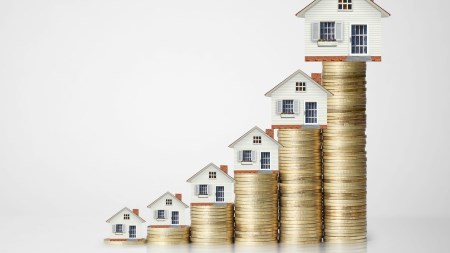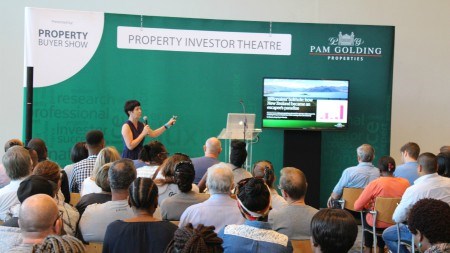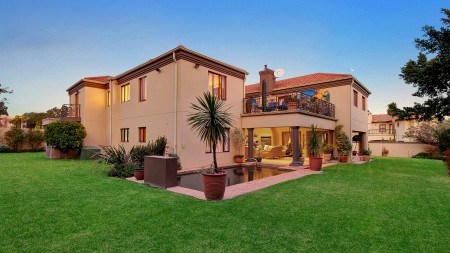Choosing the right location when it comes to buying a property is a complex decision and one that is almost entirely driven by your own needs, especially if it is your residence, says Samuel Seeff, chairman of the Seeff property group.
Where you want to buy and for how much will almost certainly be the top consideration. Your budget will largely direct which areas and property types you might want to look at. Regardless of the area that you choose or how much you are able to buy for, Seeff says that buyers, especially first time buyers should always follow the ‘golden guidelines’ by doing their homework, looking out for key factors and ensuring they pay fair market value, unless they really want the property and are prepared to more for it, knowing that this may affect the value growth in the medium term.
If it is a second or investment property that you want to buy, then it becomes even more vital that you make a good buy, buy in the right areas, for the right reasons and that you have thoroughly done your homework in regard to investment returns and yields, he adds.
The most important driver of demand and value growth, is location and this, says Seeff, is the golden rule world-wide across all property types. Locations also does not mean that it has to be on the coast or overlooking a golf course. A middle-income home in a suburb with good transport, schools and facilities can be just as good an investment.
If it is your first home, then the location will depend on whether you have a particular liking or even affinity for an area, but also how accessible your place of work will be from the area, especially given the rising traffic. The second important factor will be affordability and this is where buyers need to look beyond the simple maths of the purchase price as Seeff says there transaction and acquisition costs that do not add value to the property.
It is all fine and well to say that you should buy close to work, but can you in fact afford to do so? This then makes transport an important consideration. You could for example live in a more affordable area provided that it has a good transport infrastructure so that you are able to work anywhere in and around the city.
The advice is to always buy in the best possible area that you can afford, but Seeff says that the choices are endless, even when it comes to affordability. The choice of area will depend entirely on your needs, but it is always a good idea to keep your eye on some key attributes when it comes to choosing a location or area.
Suburbs with good transport infrastructure – you cannot go wrong if you invest in an area that offers a good transport infrastructure such as train, taxi and bus services and of course good access to main arterials if you need to travel by car. Think for example of the areas around the Gautrain in Johannesburg and Midrand and the MyCiti Bus network in Cape Town. Investing in these areas means an easier commute.
Suburbs with good schools – the second consideration would be schools. While you may not need to be close to a school if you are a first time buyer, you should preferably buy with a long-term view. Being close to or having relatively easy access to good schools are going to become ever more important over the next few years, says Seeff. A good education is a major economic advantage. We see for example that school belt suburbs such as those of Cape Town’s Southern Suburbs or the Blouberg coast are popular for the schools as are the Northern Suburbs of Johannesburg. We are even beginning to see estates with their own schools.
Suburbs that offer a lifestyle with facilities and amenities – we have seen that the desire for a good lifestyle has become a key driver for property buyers. Security is a major issue for the neighbourhoods and it has become very difficult for people to walk, cycle or jog in their neighbourhoods during certain times even parks are being targeted. This has led to the rise in security estates and complexes where people can still enjoy the wonderful outdoor life that is such a defining characteristic for South Africa.
Lifestyle is often an added key selling point when the time comes to sell. For example, a coastal area such as the Cape Town False Bay, Hout Bay and Blouberg areas have become popular with buyers. So too, areas such as Waterfall Estates and Steyn City in Johannesburg. The areas around Melrose Arch and Rosebank too are fast becoming sought-after lifestyle suburbs.
Suburbs with better security – security has become a vital consideration for buyers and suburbs. Good areas to buy in are obviously those with low crime rates and where the local community is involved in aspects such as a Neighbourhood Watch and other initiatives. This will not only contribute to a safer lifestyle, but will add to the demand and value of property in the area.
Suburbs with good capital value growth – you will also want to ensure that you are investing your hard earned money in an area whether your asset will not only hold its value, but will grow in value as time goes by. Property values appreciate at different levels and you often find that the more affordable areas grow much faster in value simply as the demand for homes there is much higher. The advice is always to do your homework and to deal with a credible estate agent and to not pay more than fair market value for your property.




